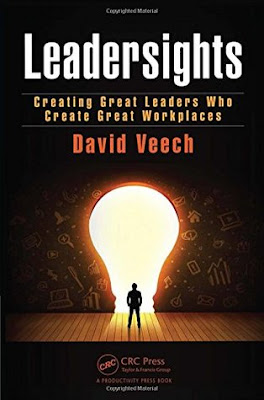A Serviceman and a Governor

(img:Brookings) The challenging and rewarding world of School Governance while serving in the Armed Forces. “ …Do you think your profession helps? Should we be encouraging more military to help in this area because we are good at assessment and report type work?… ” ~ @puddlepirateltd These questions were a response to a tweet that I sent regarding a small win I’d had as a School Governor. And in short, absolutely. I firmly believe our profession helps and that we should encourage more military personnel to help in this area. Why? “ If leaders want to impart knowledge, they first need to be on a continual path of progression . ” I stand behind this way of thinking, and I’m of the belief that if you can do something for others you should ( R2P , anyone?). For me, there’s a significant pull towards improving the lives of others. Let me explain a little. Coming from a poverty-stricken background I left school with seven D grades and one C at GCSE. But, I got a lucky break (or more to the



